#the vulgate cycle
Explore tagged Tumblr posts
Text
Note: This is just for fun and because I'm nosy. I realize the timeline for inspiration is not always simple and can be a bit muddy.
#arthurian#arthuriana#arthurian legend#arthurian mythology#welsh mythology#geoffrey of monmouth#chretien de troyes#The Vulgate Cycle#Le Morte D'Arthur#Idylls of the King#Howard Pyle
125 notes
·
View notes
Note
Hi! I really want to read the vulgate cycle but I have a hard time staying focused when reading it. Are there any sections of the vulgate that are not as important to the understanding or able to skip? Thank you so much for making all these stories accessible and thanks for your reply :))
Hello my friend! This is a great question and one I get a lot. The Vulgate Cycle is long and daunting, but I can help you navigate it!
Firstly, here is the full Vulgate Cycle PDF collection for everyone to read. Secondly, I'll summarize what you can do, and elaborate below a cut.
TL;DR
If reading a PDF, use CTRL+F to find your favorite character's name/stories.
If reading a physical copy, utilize the index (located at the very end of the Post Vulgate) to find them.
Discover chapters of interest from the summary page (also located at the very end of the Post Vulgate).
Skip The History of the Holy Grail and begin with The Story of Merlin or Lancelot I.
Now, let's break down the ways you can navigate the Vulgate Cycle step by step.
CTRL+F
This option will certainly be less effective if your favorite character is a prominent one such as Lancelot or Gawain as they appear a million times. However, if you want to learn more about someone else, say, the Lady of the Lake, you can search her up and find every instance of her appearance. Like so.
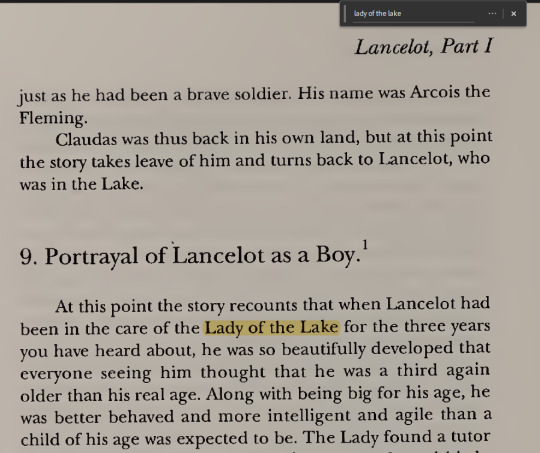
Index
In the very back of the final book of the Post Vulgate, there's an Index listing every named character [Ex: Gawain], location [Ex: Orkney Isles], entity [Ex: Holy Spirit], animal [Ex: Gringalet the horse], and language [Ex: Hebrew] mentioned in the entirety of the Vulgate Cycle. There you'll find a list of which book/chapter/page they appear in. Here are all the mentions of Gawain's horse in The Book of Merlin.

Chapter Summaries
Each book of the Vulgate Cycle has a Table of Contents with the chapter numbers and long, descriptive titles. That alone may give you an indication of what you want to read. However, at the back of the Post Vulgate, right before the Index, there's a list of every chapter in the Vulgate Cycle with a summary of events. That will give you more detail and may help you decide if you want to read in full.
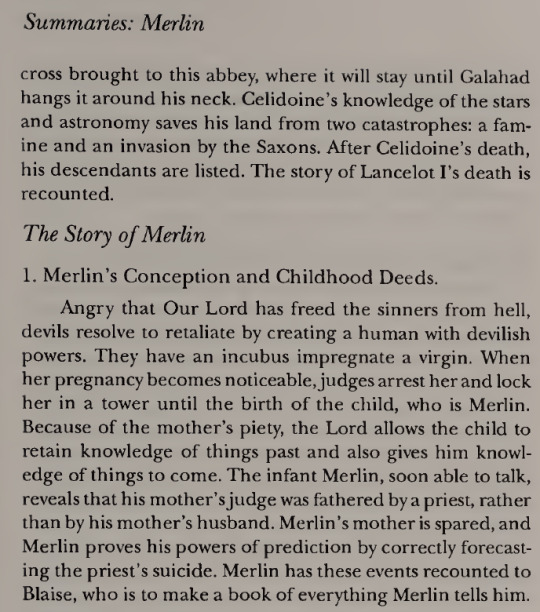
Skip
If it sucks, hit da bricks. The beauty of the Vulgate Cycle is that you don't need The History of the Grail or The Book of Merlin to understand what comes later. I enjoy them because History gives a ton of background to the religious themes the Grail Quest will eventually explore and sets up all the motifs way in advance and Merlin has the Orkney Bros as well as Yvain and Sagramore as kids which is fun. But the fact is you can begin with Lancelot I and you won't be lost. Lancelot I was written first, Merlin is a prequel, so it's optional, and the motifs of the Grail Quest are going to be heavy handed when you get there anyway without the added stuff from History. That's hundreds of pages you can skip if you want to! Norris J. Lacy, the head editor, and his translation team did a phenomenal job with footnotes throughout, so if a character off-handedly refers back to something, you can rely on them to leave a little note at the bottom for you to refresh your memory with. It'll even give you a chapter/page number if you want to refer back yourself. Here's a footnote referring to Agravaine's unnamed amie [his ladylove] who helped wing woman her sister to romance Gawain. That was 4 chapters prior to this moment.
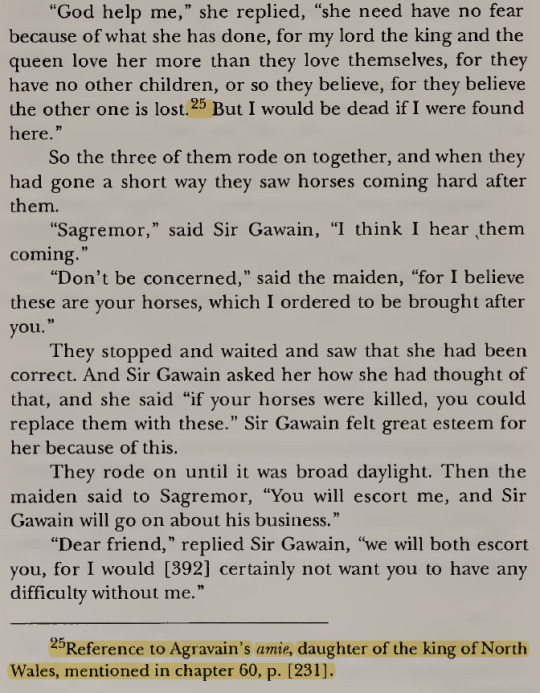
So there are plenty of ways to navigate the Vulgate Cycle and make it more digestible. That being said, it's translated so beautifully by Lacy and his team, that it reads like a modern novel. I have no doubt that once you get started, you'll become invested, and find it much easier to work through than you first thought. It's long-winded and character dense but it's fun. I do hope you're able to read it and understand why I love it so much! Thanks for this ask and I hope this helps. Have a great day!
#arthurian legend#arthurian legends#arthuriana#arthurian mythology#arthurian literature#the vulgate cycle#the vulgate#vulgate#post vulgate#quotes#resource#reading recommendations#my post#ask
290 notes
·
View notes
Text
If I can’t pop up more ideas from Guinevere-Guinevak-Guiomar siblings&family scenes from the Vulgate Cycle or any Gwenhwyfar-Gwenhwyfach rivalry scenes from the Welsh Arthurian right now, I’m gonna dive into the Blodeuwedd and Bláthnat side for a while, so I can enjoy some “floral traitor” stories🌸🌼🌹💐🪷🥀🪻🌻🌷🌺😋✌️
#Bláthnat#blodeuwedd#the vulgate cycle#the welsh triads#Gwenhwyfar#gwenhwyfach#the Guinevere sisters#sir guiomar#Welsh myth#irish mythology#queen guinevere
5 notes
·
View notes
Text
Looove this 💕💕💕💕
Arthurian legend suffers from the same vague time mushiness that Shakespeare’s plays do - a midsummer nights dream starts with the Theseus and Hypollita from Greek Myth for Christ’s sake! But is sort of smooshed into a vaguely Elizabeth aesthetic more often than togas due to when it was written - similarly the vulgate cycle in the 1300s compressed all that came before (that was already anachronistic) into a vaguely contemporary vibe and then looking back everyone assumes that’s the canon vibe?
What I’m trying to say is the only canon interpretation of King Arthur following the themes set out by Middle Ages authors of making it contemporary and relevant to an audience is with phones and macdonalds drive throughs and King Arthur deciding to nuke the fens/sending in special ops because there were giants seen there commanded by his evil sister the Duchess of Norfolk.
Merlin is a Batman-esque vigilante whose day job is advising the king. There is no parliament but the knights of the Round Table are working to bring democracy to the realm in a The Thick of It style sit-com. Mordred is Malcom Tucker but also a Game of Thrones level threat to Arthur. The tone is all over the place. Gawain is caught by tabloids kissing a dude AND his wife. Galahad is a televangelist and runs a cult of personality. Lancelot is the Camilla to Guinevere��s Charles.
I redrew some Merlin characters to be more historically and culturally accurate! The text is their original names in a later Latin script, yoinked from a display in the Corinium Museum, Cirencester. (Sneaky edit to add: Y'all are incredibly welcome to use this in any way you want, I would love to see more of my home's culture being represented more accurately in media!!) (Also on Instagram)
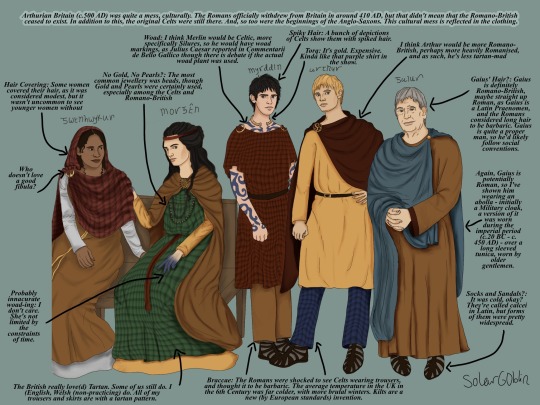
Unlabelled version under the cut!!
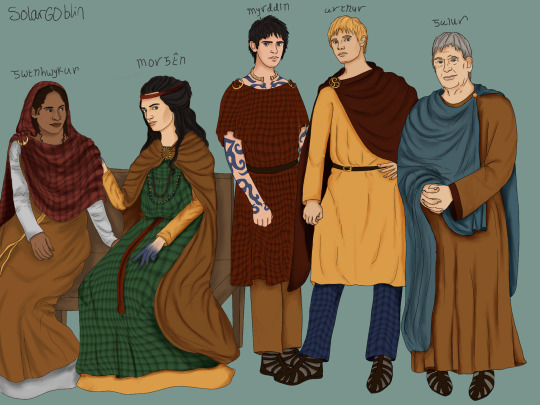
#bbc merlin#merlin#arthur pendragon#gwen bbc merlin#morgana bbc merlin#gawain and the green knight#the vulgate cycle#arthurian legend
1K notes
·
View notes
Text
Having to put this link up as can't post the actual post.
You can write Guinevere as flawed, but with plenty of good qualities as well, for she is a person.
0 notes
Text

holy shit that’s insane. Wasn’t galehaut like 7 feet tall??
0 notes
Text


Lancelot in the vulgate cycle
#I spent longer than I should have making this#lancelot du lac#vulgate cycle#lancelot-grail cycle#chretien de troyes#arthurian legend#arthuriana
309 notes
·
View notes
Text
This is my entire basis of Lancelot and Guinevere's relationship I fear. Like I've read so much stuff, but nothing has ever stood out as much as this:

Source: Lancelot IV, Vulgate Cycle, trans. Norris J. Lacy
#i could yap for a thousand years about them and specifically about this passage#plus i just imagine guin doing like the hollywood roman empire thumbs down#sir lancelot#queen guinevere#king arthur#vulgate cycle#arthuriana
335 notes
·
View notes
Text
I barely remember any of the Vulgate cycle so I checked some chapters about Galehaut and by god I forgot that it was written Like That
Galehaut, trying to convince Lancelot (in disguise) to stay with him Forever, soon after meeting him:

Lancelot promised he'd stay only if Galehaut (who at the time was battling Arthur, and was very much victorious) withdrew his army, to which Galehaut's entire attitude was like: "this pains me not at all, since it is your wish". Lancelot's reaction to this:

Galehaut planning to keep Lancelot aaaall to himself:

Galehaut answering to the question what would he do to keep Lancelot's company forever:

Galehaut's grieving out of love for Lancelot:
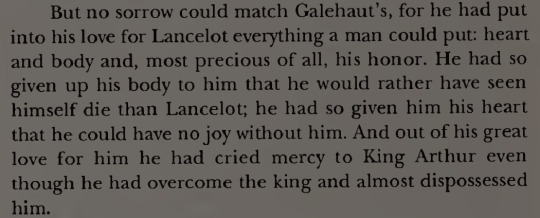
Lancelot and Galehaut so worried about each other they're afraid to do anything not to hurt the other (and in the second screenshot both of them almost die because they're so worried)


Lancelot and Galehaut's Romeo and Juliet-like ending:

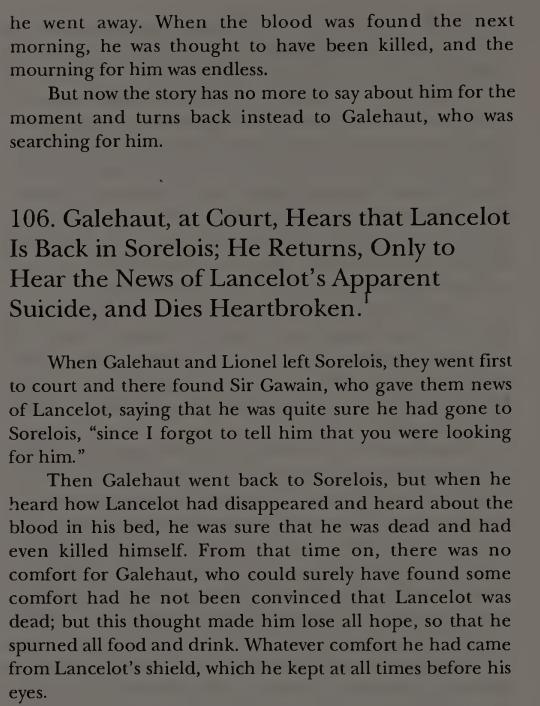
#they both also cry a lot and tell each other of their deep love and sleep together it's great#Galehaut doesn't know that his beloved Black Knight is Lancelot until Guinevere tells him after he arranged a meeting between the 3 of them#and it's such a sweet moment when Guinevere gives Lancelot to him#Gosh I wish the Vulgate cycle was an obligatory read to anyone who wants to write super historically accurate gritty historical fiction#if your historical fiction doesn't include men who keep fainting crying and talking about their love for another man#then how can it be accurate#arthurian
179 notes
·
View notes
Text


How Mordred was slain by Arthur, and how by him Arthur was hurt to the death, Illustration by Alfred Pollard / Vulgate: Death of Arthur / more at Arthurian Preservation Project
a passage i think about all the time. the ray of sunlight in the wound is also mentioned in dante's inferno in canto XXXII, where mordred is in the 9th circle of hell. he's submerged in a frozen lake in caina, for treachery towards kin.

pretty neat!
#mordred#sir mordred#arthur#king arthur#arthuriana#arthurian mythology#arthurian literature#knights of the round table#thus did the father kill the son and the son mortally wounded the father.............#vulgate cycle#i was also going to put the mordred vs arthur scene in excalibur 1981 but it would make this post too long#its also a great scene tho go watch it#tbh arthuriana in the divine comedy is a whole post for antoher day#lancelot's also there in hell. somewhere#sir girflet#sir griflet#griflet#sorry i forgot to tag you king
146 notes
·
View notes
Text
hey gang welcome to: me ranting about the differences in fandom satbk lancelot and lancelot in arthurania (in an observational way) + some other things regarding the differences in satbk compared to legend (mostly my thoughts abt the casting. hint: i don't like it)
disclaimers:
- this will be a long post so it will be under a cut
- this will have a HEAVY lean towards the vulgate cycle in terms of characterization because that is what I'm most knowledgeable about.
- satbk is mostly based on thomas mallory and chrétien de troyes' work. there will be inconsistencies because of this
- i am a believer in dldr in fandom spaces. this isn't a critical rant about characterization. this is more about me talking about something I'm passionate about because i find it interesting
- this will also not be about MY characterization of lancelot bc that needs to be its own post (though my own thoughts will be mentioned)
- fandom's satbk lancelot will be called lance and arthurania lancelot will just be called lancelot for my sake
tws (all arthurania): rape, incest, drugging, kidnapping, death. stay safe, most of these are once mentioned in passing.
i find the differences between lance and lancelot absolutely fascinating simply due to the fact of how different they are. while a lot of lance's characterization can be excused by drawing parallels to shadow, it's still EXTREMELY different
the general consensus on lance (from what i can gather) is that he's a loyal knight who sticks by arthur's side through thick and thin, extremely stoic, and unwilling to say no to arthur (plus some shadow traits like being stubborn, prideful, caring etc etc)
and while that conclusion makes sense considering the information given about lance in satbk, it is incredibly different to actual lancelot.
lancelot is the best knight. he goes actively stir-crazy when forced to stay within arthur's kingdom, and knights don't enjoy times of peace because they are people made to fight. so more times than not, he's not in arthur's kingdom, and it's rare when he is. he's also not stoic in the SLIGHTEST. he openly worries (a lot), gets angry (a lot), cries (a lot), and wears his heart on his sleeve. he is DANGEROUS when he's angry, pretty much to the point of madness. he's also protective of those he cares about. at one point he actively left the round table because arthur fucked up (bad) and to be convinced by several people to return back to arthur's court. hell, he isn't even loyal to arthur! at all! that's his THING!!
lancelot isn't lancelot without guinevere. make it romantic or platonic he's still not lancelot without her. because guinevere is who he's loyal to, guinevere is who gives him his strength, and guinevere is who makes him a knight. (this is likely the reason why lance is such an inaccurate lancelot)
now in terms of satbk, transfer these traits to arthur/sonic and yeah, you can make it work. have your doomed medieval yaoi (even though theres already doomed medieval yaoi in arthurania but i'm getting ahead of myself)
another thing that i notice a lot of differences in is backstory
lance's backstory varies from person to person (commonly attributing parts of shadow's backstory) but i don't know how many people who write these backstories know lancelot's backstory??? or story in general?? like i genuinely have no idea
so bam. here's lancelot's story summarized:
lancelot was born in benoic (france) by king ban and queen elaine. his name was in fact NOT lancelot at the time and instead his name was galahad. when he was a baby benoic was overthrown by king claudas (which. king ban sent out pleas for help to king arthur. guess who left him on read. king arthur.), his father dies soon after bc he fell off a horse, nimue abducts lancelot/galahad, and his mother becomes a nun out of grief.
nimue raises lancelot in a place thats disguised as a lake (its not a lake) with two of lancelot's cousins (lionel and bors). lancelot doesnt have a name anymore at this point and is instead called "the child" "the fair foundling" or in nimue's case "my prince." he doesnt know about his actual origins and believes nimue to be his actual mother. he learns archery, swordfighting, academics, etc etc
he grows up, leaves at either 15 or 18, gets knighted, falls in love with guinevere, so on and so forth
in the case of vulgate cycle (i'm unsure if this carries over to other versions) he goes under several identities (white knight, red knight, black knight) before revealing himself as lancelot. he only learns of his name (and origins) when he conquers dolorous guard and finds his tomb. (which. yes lancelot owns a fortress and he renames it to joyous guard) this all happens relatively early on
everything else varies so i'm not going to tell a specific story bc the only one i'm very familiar with is vulgate.
however: something that i've seen several times is morgan (arthur's sister) kidnapping and drugging lancelot. the motivations vary (from wanting lancelot herself or from hating guinevere) and the actions themselves vary but it's a consistent event. i've personally read both him being thrown into a dungeon and him being actively manipulated
anyway after more varying events: the court finds out about guinevere and lancelot's affair, a civil war breaks out and camelot falls
OKAY. so theres a distinct lack of galahad in said backstory and it's like that for a reason. because galahad is an entire thing in of itself
a common thing that i see is lance raising galahad. this in fact didn't happen with lancelot, and while i do think lance WOULD raise galahad, it would also be miserable for lance specifically. (and galahad too probably)
see, while the time of when galahad was born varies from source to source, the time i see most often is when he was freshly a knight or just entering camelot (not in vulgate). the fact that galahad was a result of elaine of corbinec drugging and raping him because he saved her from morgan boiling her (which made her fall in love. but she also knew that she was not lancelot's true love so instead she tricked him) makes the situation much worse. the reason why lancelot spared her was because she was pregnant with his child. events happen again three years later (minus the child and the boiling water) except this time guinevere found out and banished him for a year. during all of this galahad was raised by a convent
(during a fit of madness, elaine showed him the holy grail which cured him. they got married and i am in a pit of despair.)
galahad gets knighted at 15 by lancelot because it was the one time he ever lost a fight, then he dies between the ages of 15 to early 20s because of the holy grail quest. (tldr: he ascended)
so. thats arthurania. time for me to complain about segas casting because HOLY FUCK ITS ASS
the ones i'm not commenting on are lancelot, gawain, galahad and lamorak as shadow, knuckles, silver and jet respectively all of them are bc i think they're fairly accurate with the exception of lamorak because i know fuck all about jet or lamorak
however the largest atrocity is sonic as king arthur. BECAUSE KING ARTHUR FUCKING SUCKS DUDE. benoic fell because king arthur didnt respond, nobody likes him, he's had several affairs, a massive hypocrite (look at the previous point), a shitty ruler, camelot is still running because of lancelot (whos literally only there because of guinevere), and he hates his own kid WHOS MOTHER IS HIS OWN SISTER. I CANNOT THINK OF A LESS SONIC CHARACTER THAN KING ARTHUR. i know in my heart and soul sonic would fucking HATEE him. i'm convinced the only reason why sonic is king arthur is because of being a main character. (but even then the stories are NEVER about king arthur! they're always about his knights!!)
if it were me, he'd be galehaut. a strong, well liked ruler who despite taking over 29 kingdoms their people adore him. hes ambitious, charismatic and absolutely SMITTEN for lancelot. ("i will die if you are not here with me" is something said many times. hes also very serious about this sentiment)
idek who king arthur would be
the next one is amy as nimue. while it's not AS bad as sonic as king arthur, she doesn't fit as nimue. in my heart of hearts she would not be a teasing fae who abducted a kid to be raised as her own. however someone who sounds like they would do that is one (1) rouge the bat. (plus shadow and rouge family parallels!!)
amy would probably be guinevere. it just. makes sense. sweet to her people, generous with her words, a good leader. checks out
blaze as percival is not something i have an issue with but its more like i think her being queen blaye of malehaut would fit her more. (tbf blaye is a vulgate exclusive i believe). blaye took care of lancelot when he was injured from dolorous guard, accidentally fell in love, never confessed, and was planning to get married to galehaut. (however, if i'm being so fucking real guinevere, blaye, galehaut, and lancelot are all in a polyamorous relationship. this also opens the door for blazamy & sonadow so there's a win there!!)
if i had to assign percival to anyone it'd probably be espio. he's close with silver and while i dont know a lot about either of their characters it Just Makes Sense with the minimal research i did.
anyway. this was mostly an excuse for me to yell about arthurania lancelot i'll be real. love that guy. there's absolutely shit that i forgot to mention so if i remember i'll probably tack it on at some point.
#khol.txt#sonic fandom#sth#sonadow#lancelot#lancelot du lac#lansoni#sonic and the black knight#sonic#vulgate cycle#amy rose#espio the chameleon#blaze the cat#rouge the bat#shadow the hedgehog#sonic the hedgehog#silver the hedgehog#galehaut#blaye of malehaut#nimue#satbk sir lancelot#satbk nimue#sir lancelot#satbk galahad#vulgate au#lord fucking help me#theres probably some inaccuracies but whatever#sir galahad#enjoy the rant post#remember: FUCK YOU KING ARTHUR
64 notes
·
View notes
Text


the description of lancelot in the vulgate is so funny. What do we need to know about this great knight?
Anonymous author, sweating: uhhh his sexy feminine neck. and he had hands like a woman. and an ass that won't quit. these are important details for reasons.
75 notes
·
View notes
Note
i’m new to arthuriana but love your posts nonetheless
i am just curious about the many references to gawain sleeping with so many people when, to my understanding, in sir gawain and the green knight he specifically breaks this promiscuous behaviour and makes sure he doesn’t sleep with the wife of the duke
(i apologize if this is a stupid question!)
hello anon!
welcome to arthuriana and thank you so much for the kind words. this is not a stupid question at all! the truth is gawain is nothing if not inconsistent between texts haha. he's different from other knights such as lancelot who pines solely for guinevere across text after text, in that it seems every author wanted to create their own special gal for gawain. he therefore has numerous women attached to him, and when readers try to reconcile those many texts into a single story thread, it gives the impression our mans gawain gets around! (and he does!) i have several examples here to illustrate this so i'll put it below a cut.
for all the textual variance, sir gawain and the green knight is the exception that proves the rule—meaning that it's perhaps the only text in which gawain is abstinent. we know this because one of the five virtues attributed to the five points of his pentacle crest on his shield is chastity.

furthermore, on the wife's second seduction attempt, gawain pleas his own inexperience with "love" (ie: women).

whether or not that's true is up for debate, but it's worth mentioning, as it's a departure from other texts where his virile prowess is well-known, and in the knight of the two swords, he openly boasts about his own attractiveness and popularity. (humble guy, that gawain!)
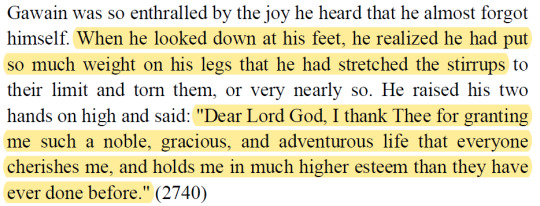
there are several examples of gawain's reputation with the ladies preceding him and actually benefitting his odds of getting laid. one of my favorites is from lancelot part II in the vulgate. gawain had just cured his brother agravaine of an illness and agravaine's amie basically wingwoman's her sister.
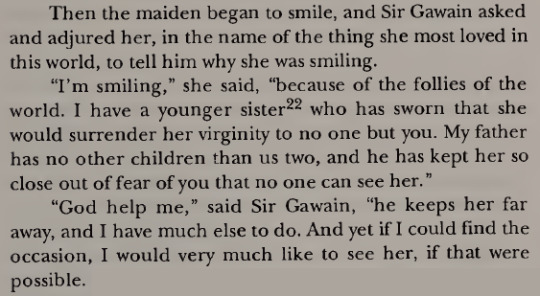
goated of her. so gawain pencils it in on his calendar. later, he locates the castle, sneaks in, and succeeds in bedding the maiden. she's not named here, although malory later refers to her as "the lady of lys," and accredits her as the mother of gawain's three sons, (although the couple never formally wed).

among the strangest of examples is the middle english text the carle of carlisle, in which the carle brings gawain to the bedchamber and orders him to make out with his wife. but things quickly heat up...
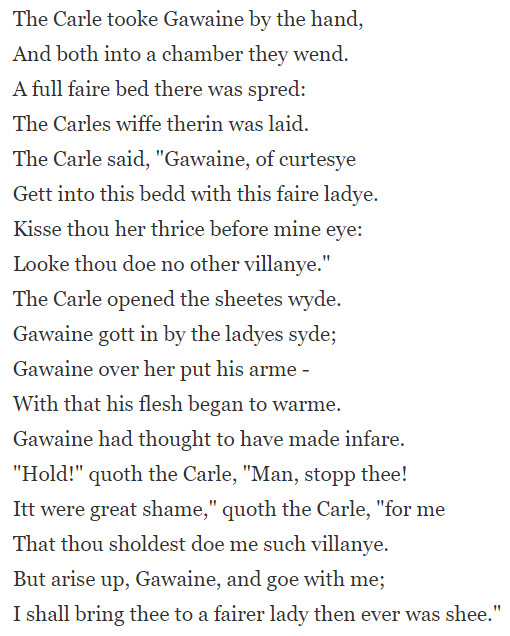
so the carle stops gawain from outright cuckholding him, then leads gawain to his daughter's chambers, gives them his blessing, and locks them inside. at the end of the text, gawain marries her.
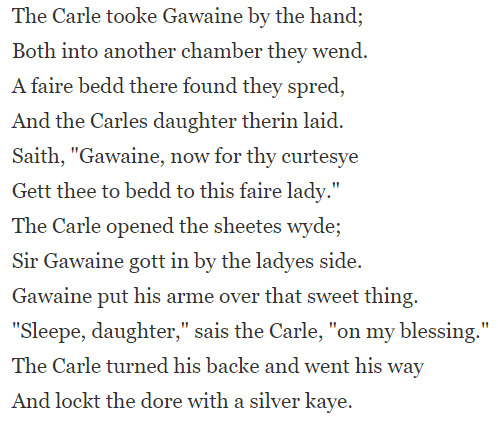
now i would be remiss not to mention my beloved the wedding of sir gawain and dame ragnelle. i think it's notable that ragnelle specifically asks for gawain by name, much like the lady of lys did (according to her sister and her warm reception of him).
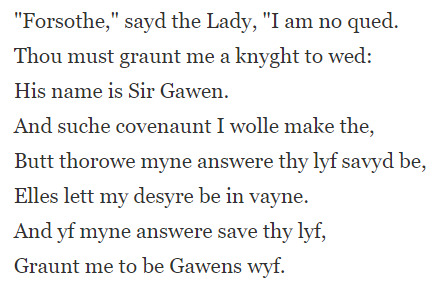
now the conclusion of this poem brings us to another theme of gawain's which ties into his many partners, and that is his consistent subservience to ladies. he breaks the curse on ragnelle by granting her "sovereignty" in the relationship. this seems to be another aspect of character which sets gawain apart from other knights, as this is not a chaste expression of courtly love, but a precursor to fornication, and draws the attention of strong-willed ladies, such as ragnelle, with whom he is "a coward," or according to the translation notes, "submissive."

then again in roman van walewein, he's already famous by the time he meets his ladylove, ysabele, and whilst tied up in her father's prison, he leaves the decision of his own life in her hands.

which then results in their coming together because this is a gawain story and he always gets the girl.
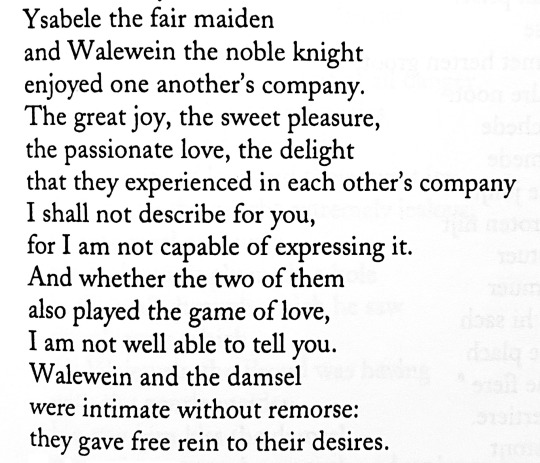
even in the post vulgate, which we can all agree portrays every single character at their absolute worst (and is therefore invalid<3), gawain's choice of words consistently upholds the lady's desires above his own. at first, gawain intended wingman for pelleas by pretending he, pelleas, was dead to begrieve arcade. he discovers instead that she's elated by pelleas's supposed passing, so she and gawain fall in love. but even after admitting his feelings, he still takes great pains to frame the final crossing of that line as her choice, and only relents when she makes her intentions plain.
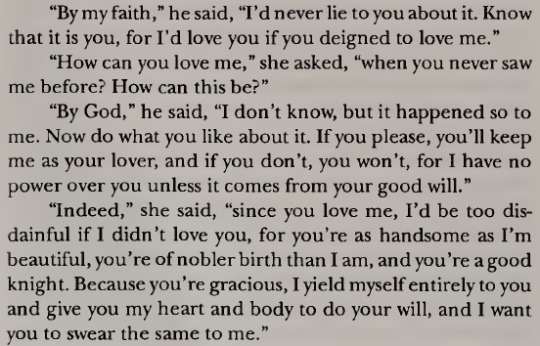
he might also just like it when women boss him around if his treatment from orgeluse in parzival by wolfram von eschenbach is any indication.
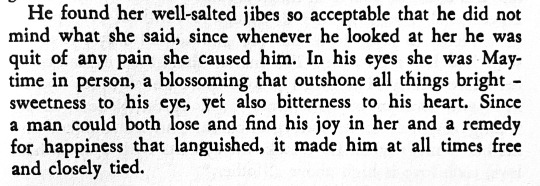
similarly to the knight of two swords, in parzival, gawain is aware of his fame, fosters it, and then employs his orgeluse brain worms as a motivation for sparing lives instead of like...morality.
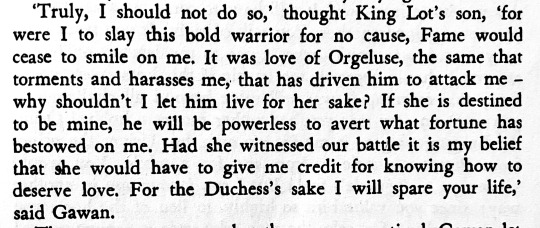
i think what's particularly interesting about gawain's relationship history is that many of his partners are named, whereas it's pretty common for damsels and maidens in medieval texts to exist without identities of their own. there are so, so many named, interesting, fully developed women linked to gawain, it's actually pretty awesome! here are a few more:
lunette in yvain: knight of the lion by chrétien de troyes...

amurfina in the crown by heinrich von dem türlin...

bloiesine in the 4th perceval continuation by gerbert de montreuil...

marjorie in gawain and marjorie by oscar fay adams (if we extend our search through the 20th century!)...

and on and on forever! so in conclusion, gawain has been pulling bitches for many hundreds of slutty, slutty years, and from what modern retellings i've read, authors have no intention of interrupting this trend. i hope that helps clear things up somewhat. thanks for the ask!
#arthurian legend#arthurian legends#arthuriana#sir gawain#gawain#sir gawain and the green knight#sgatgk#the vulgate cycle#the prose lancelot#the lancelot graal cycle#the carle of carlisle#the wedding of the sir gawain and dame ragnelle#roman van walewein#parzival#knight of the lion#the crown#perceval continuations#4th perceval continuation#gawain and marjorie#oscar fay adams#quotes#resource#ask#favorite ask to date thank you<3333#my post
214 notes
·
View notes
Text
Sir Galahad, in Battle

[...]

[...]

From Vulgate Cycle -Quest for the Holy Grail
Link to a previous post about Galahad in Battle, in Post-Vulgate
#sir galahad the eldritch being#cosmic horror galahad#quest for the holy grail#vulgate cycle#arthuriana#arthurian mythology#arthurian legend#sir galahad#the superhuman feats of the knights of the round table
104 notes
·
View notes
Text

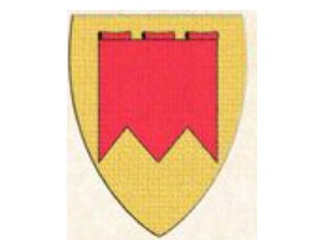
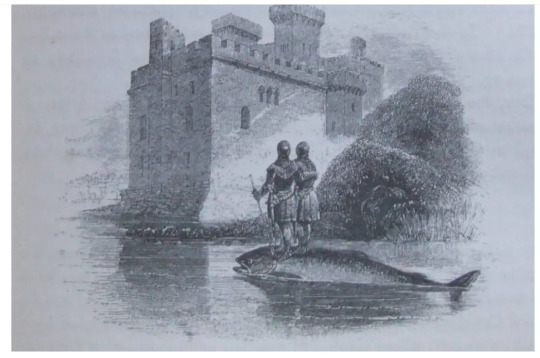
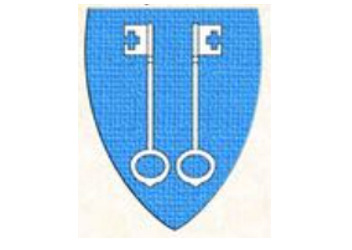

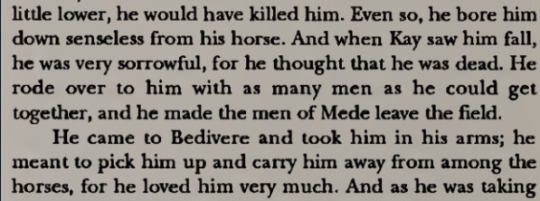






Sir Kay, Seneschal of King Arthur's Court, Harold J. Herman / Illustration from the Mabinogion / The Quest for Olwen, trans. Gwyn Thomas and Kevin Crossley-Holland / The Story of Merlin, trans. Rupert T. Pickens / Illustration from The Quest for Olwen, Margaret Jones / Wace's Roman de Brut, trans. Eugene Mason / The Mabinogion, trans. Lady Charlotte Guest
a collection of sir kay and sir bedivere: companions/lovers/worse, for @queer-ragnelle's may day parade
#fellas is it gay to forever be linked to your companion throughout texts and time#them being the first of arthur's knights ohhh im so emo about them.... arthuriana's most eternal couple#you guys should read that article i linked if ur interested in how kay changes over time btw!! it's really good#bedivere#sir bedivere#kay#sir kay#culhwch and olwen#vulgate cycle#mabinogion#arthuriana#arthurian legend#arthurian literature#medieval literature#knights of the round table#kay x bedivere#bedikay#i think ive seen people using that tag?#may day parade#I know this isn’t art so maybe it doesn’t count but the formatting alone should count as an art this was nightmarish to create#kay tag
203 notes
·
View notes
Text
Okay but Mordred’s whole thing with Guinevere in the Vulgate is so interesting to me. Like it’s gone over very quickly but it’s fascinating that he just. Falls in love with her apparently.

And then the Post-Vulgate straight up compares Mordred’s love for her to Lancelot’s??

WILD
It just fascinates me. Mordred is usurping the throne but also his attempt to marry Guinevere is seemingly just from a genuine desire to I guess. I don’t know I just think it’s neat. I need to know more about these hangouts during Mordred’s regency that caused Mordred to fall so deeply in love. What did they talk about? Did Guinevere consider them friends? I have so many questions.
#I have got to go back to looking into their whole deal#from Mordred with Gwenhwyfach#to the Mordred Guinevere marraige in the alliterative Morte#to his one-sided but still seemingly genuine pursuit of her in the vulgate#and after#just. fascinating.#arthuriana#Mordred#Guinevere#vulgate cycle
75 notes
·
View notes